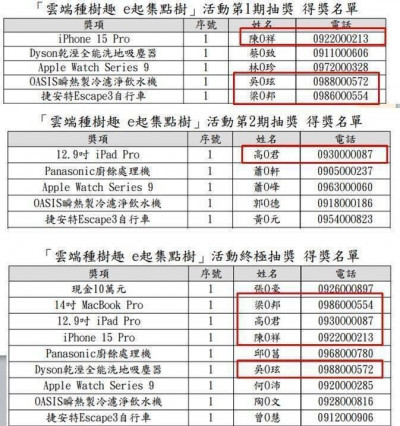《TAIPEI TIMES》 Minimum wage to rise 4.08% to NT$28,590

Minister of Labor Ho Pei-shan speaks at a news conference in Taipei yesterday. Photo: CNA
ECONOMY FOCUS: Inflation has a greater impact on marginalized and disadvantaged workers, who spend disproportionately more on basic expenses, an official said
By William Hetherington / Staff writer, with CNA
The minimum monthly wage is to rise to NT$28,590 and the minimum hourly rate to NT$190 pending Executive Yuan approval, the ninth minimum wage increase since the Democratic Progressive Party took power in 2016.
The Ministry of Labor yesterday said that it had reached an agreement to raise the minimum wage by 4.08 percent from NT$27,470, while the hourly wage would increase by the same percentage, up from NT$183.
The hikes were in response to inflation and its effect on marginal workers, Minister of Labor Ho Pei-shan (何佩珊) told a news conference in Taipei.
Yesterday’s meeting of the Minimum Wage Deliberation Committee was its first since the Minimum Wage Act (最低工資法) was promulgated in December last year. The act stipulates mechanisms to review the minimum wage annually and penalize employers that pay below the minimum.
The act says that the annual growth of the consumer price index should be taken into consideration when reviewing the minimum wage.
Taiwan’s economy is performing normally, but like most places, it is experiencing post-COVID-19 pandemic inflation, the rate of which is somewhat worrying, said Ho, who is the committee’s moderator.
“In particular, inflation generally has a greater impact on marginalized and disadvantaged workers,” she said. “Those in the lowest 20 percent income bracket spend a disproportionately high percentage of their income on basic expenses. Those workers have to be our priority.”
Taiwan Confederation of Trade Unions secretary-general Tai Kuo-jung (戴國榮) said wages needed to increase before a labor shortage in some industries could be solved.
Sam Ho (何語), executive director of the Taipei-based Chinese National Federation of Industries, said that while Taiwan is right to adjust the minimum wage in the face of rising prices globally, purchasing power in Taiwan is still on par with Germany based on the “xiaolongbao (小籠包, steamed dumplings) index” — an informal measure of whether global currencies are overvalued or undervalued — and other indices on price and purchasing power.
Taiwan Federation of Industry representative Yu Yu-chih (余玉枝) said that while economic growth was good in the first quarter this year, it began to decline in the second quarter and she was not optimistic about the third and fourth quarters.
Growth would be determined by economic conditions around the world, Yu said.
Chiu Yi-cheh (邱一徹) from the Taipei-based Chinese National Association of Industry and Commerce said that the latest report from the Chung-Hua Institution for Economic Research showed a negative outlook for the economy in the second half of this year.
During a news conference in Taipei yesterday, 2024 Labor Struggle — a workers’ rights group — said that the wage increase should not have been less than 5 percent, which would have made the minimum NT$28,844 per month.
The committee’s review process was not different from processes in the past, 2024 Labor Struggle said.
The government should amend the law to set a formula that determines increases to “avoid pressure from employers at review meetings causing the minimum wage increase to be less than expected,” it said.
Representatives from other labor groups said that the Ministry of Labor was obliged to provide a better wage environment and shared economic growth.
The government should increase pay for people in the military, civil service and education, as well as for workers at public institutions that the government has substantial control over, the groups said.
It should also consider increasing salaries by fixed quotas instead of percentages, they said, adding that the wage gap was an issue that needs addressing.
新聞來源:TAIPEI TIMES























